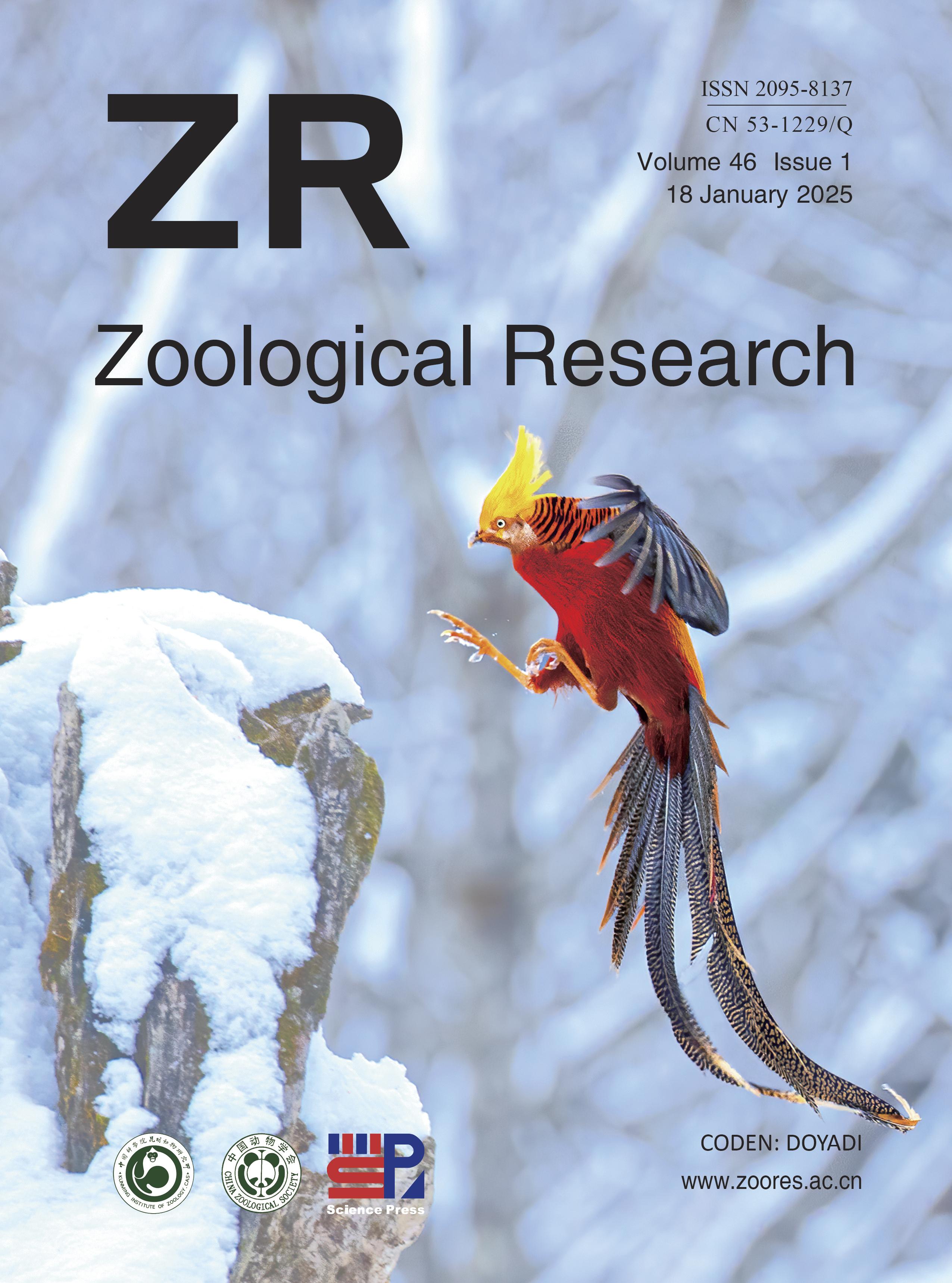ZR: Publishing Model from 'Vessel Chartering' to 'Ship Owning'
Zoological Research (ZR), launched in 1980 by veteran Chinese zoologists, started as a Chinese-language journal with a primarily domestic readership. Few at the time could have anticipated its transformation into one of the leading international journals in zoology.

Since 1980, ZR has evolved into an English-language publication. In the 2025 Journal Citation Reports, it ranked third among 181 zoology journals by the 2024 Impact Factor. The multi-institutional 2023 World Journal Clout Index also identified ZR as the highest-ranked zoology journal.
Jointly published by the Kunming Institute of Zoology, the Chinese Academy of Sciences, and the China Zoological Society, ZR enjoys full editorial independence and follows the principle of "Openness, innovation, truth-seeking" to shape zoological discourse while enhancing the global visibility of Chinese research.

Advancing critical scholarly discourse
Zoology, as a foundational discipline and pivotal branch of the life sciences, increasingly drives interdisciplinary convergence. ZR rapidly disseminates original research addressing national priorities and scientific challenges, including biodiversity conservation, ecological sustainability, biosecurity and public health. Its well-defined disciplinary focus and efficient editorial workflow attract global scholars to publish their important research results here.
In 2020, a German Primate Center team led by Professor Christian Roos submitted the taxonomic description of the Trachypithecus popa, a kind of langur, to ZR. This discovery, among the few large-bodied mammal species identified in the 21st century, resulted from the coordinated work of 27 research teams spanning Myanmar, China, Singapore, and the U.S.
Classified as critically endangered, the species immediately drew global attention, catalyzing widespread engagement across academic, media, and conservation communities. This case exemplifies the role of high-impact journals in documenting and amplifying calls for urgent biodiversity protection and policy-driven action.
Forging an independent publishing pathway
Unlike many English-language journals in China choosing co-publication with multinational publishers, ZR follows a fully independent publishing model. Upon transitioning to English in 2014, the journal faced a pivotal decision: whether to rely on established international 'vessel-chartering' infrastructure or build a domestic platform meeting global standards.
Following detailed evaluation, the journal pioneered independent publishing, testing the feasibility of sovereign editorial and production systems.
Subsequent restructuring focused on adopting international publishing standards by benchmarking leading journals and integrating with major international repositories and platforms. Core developments included open-access publishing on the journal website, genomic data deposition, a peer review network, and AI tools to enhance discoverability and citation. These coordinated measures formed an integrated, standards-compliant framework for effective knowledge dissemination.
ZR's success demonstrates that China-initiated journals can achieve global reach without external publishing intermediaries. Continued advancement of domestic infrastructure will enable scalable, autonomous publication for more state-initiated journals.
Marking its 45th year, ZR has entered a new phase with the launch of Zoological Research: Diversity and Conservation in 2024. This initiative responds to the growing integration of zoology and conservation science. The journal must uphold academic quality while embracing innovation and fostering collaboration across institutions and national boundaries to support the continued development of zoological research.
The article is written by Yao Yonggang. He is the editor-in-chief of Zoological Research.
Journal Review
ZR exemplifies how an academic journal can skillfully balance tradition and innovation, bridging classical research with cutting-edge advancements. By publishing exclusively in English, ZR has strategically refined its scope to focus on primates and animal models, the conservation and utilization of animal resources, and animal diversity and evolution. In just a few years, ZR has risen to become a leading journal in its field.
As a long-time supporter of ZR, I am delighted to witness its continued evolution. The successful launch of its sister journal, Zoological Research: Diversity and Conservation, is another exciting milestone.
With the enduring and steadfast support of global scholars, the editorial board, and publishing partners, I am confident that ZR will have a bright and impactful future.
—— David Irwin, professor, Department of Laboratory Medicine and Pathobiology and Department of Ecology and Evolutionary Biology, University of Toronto, Canada.







